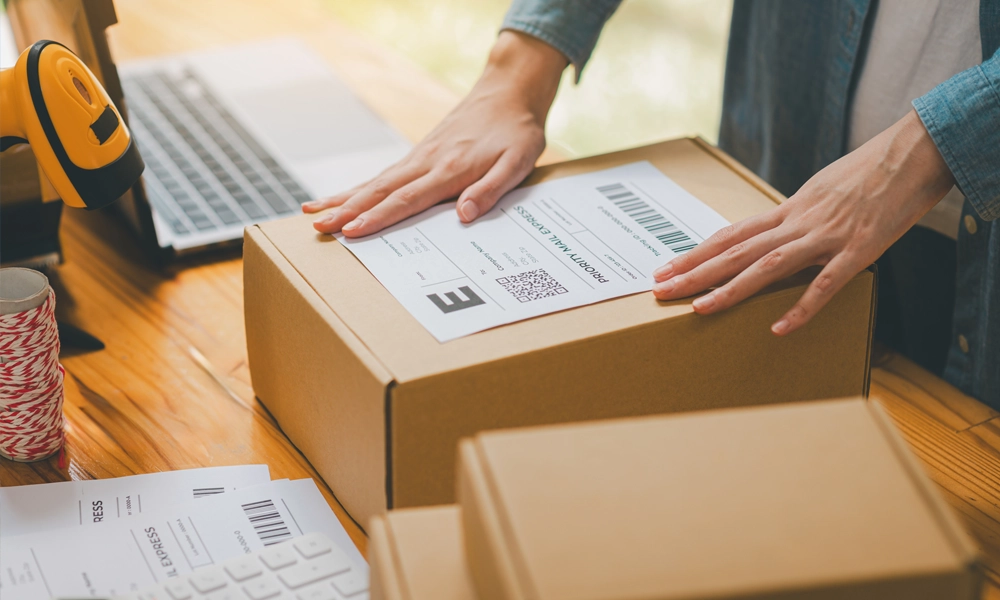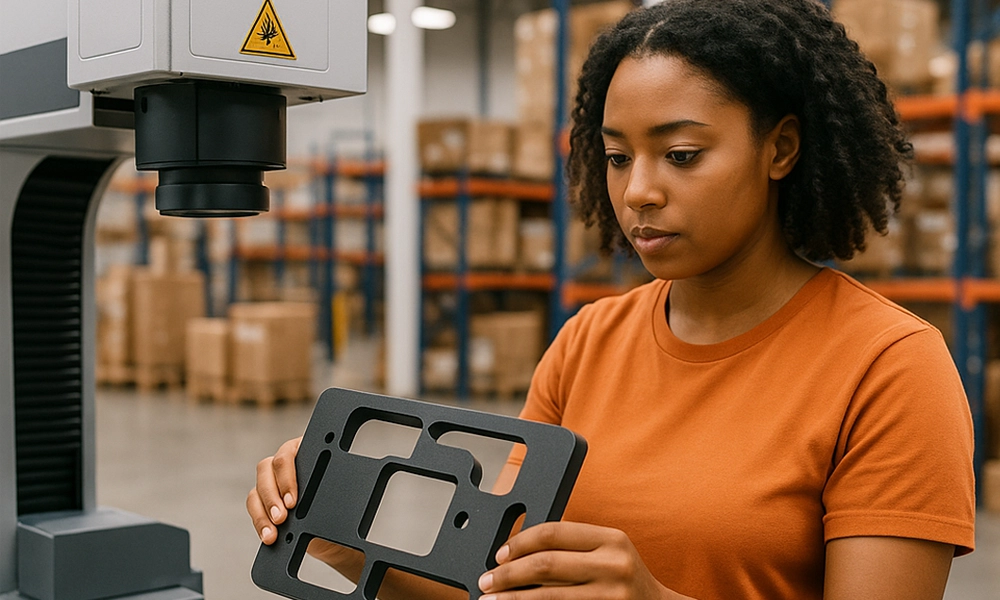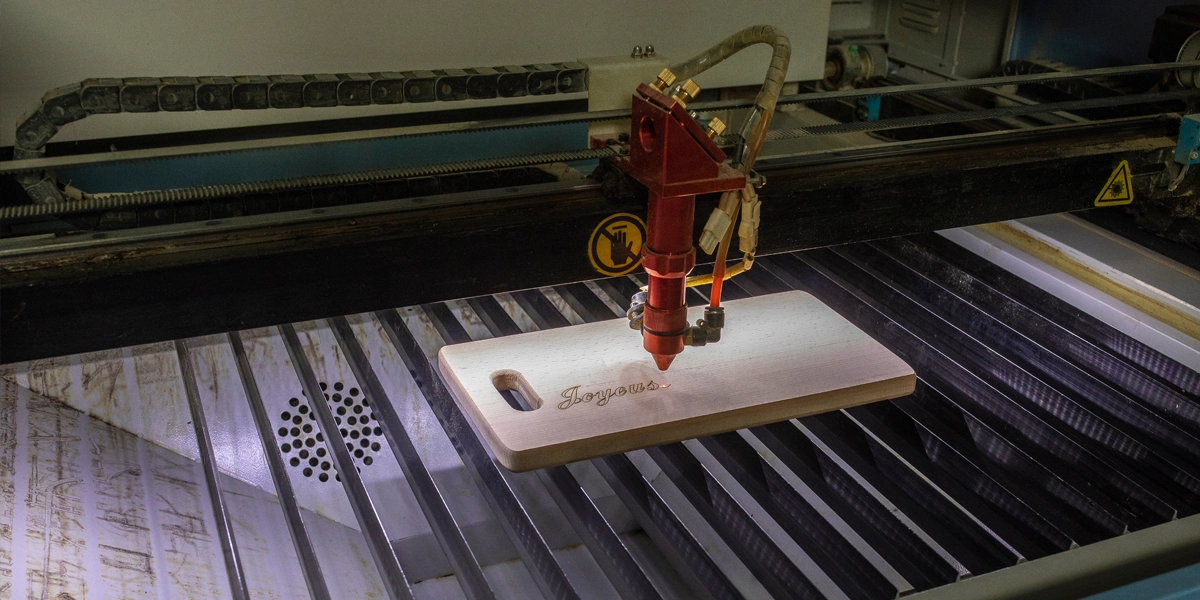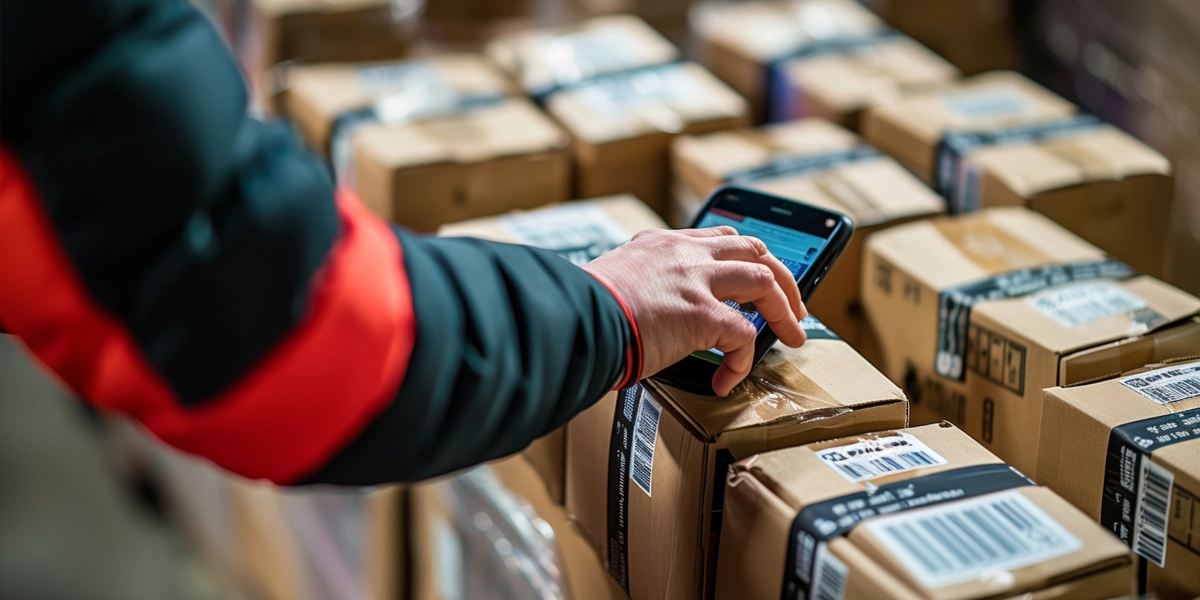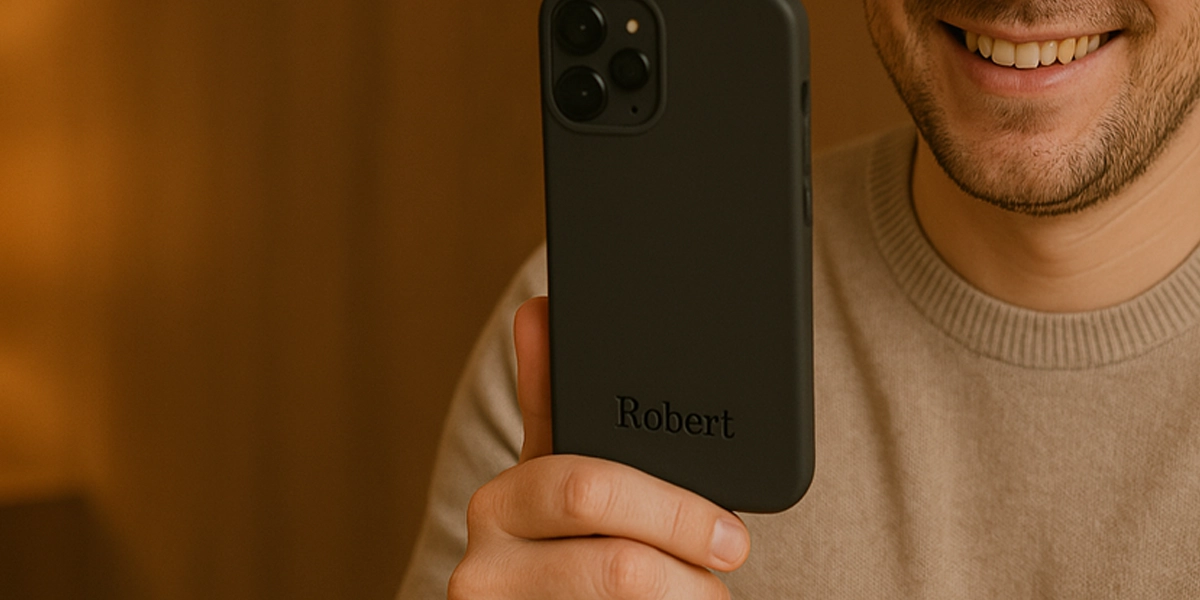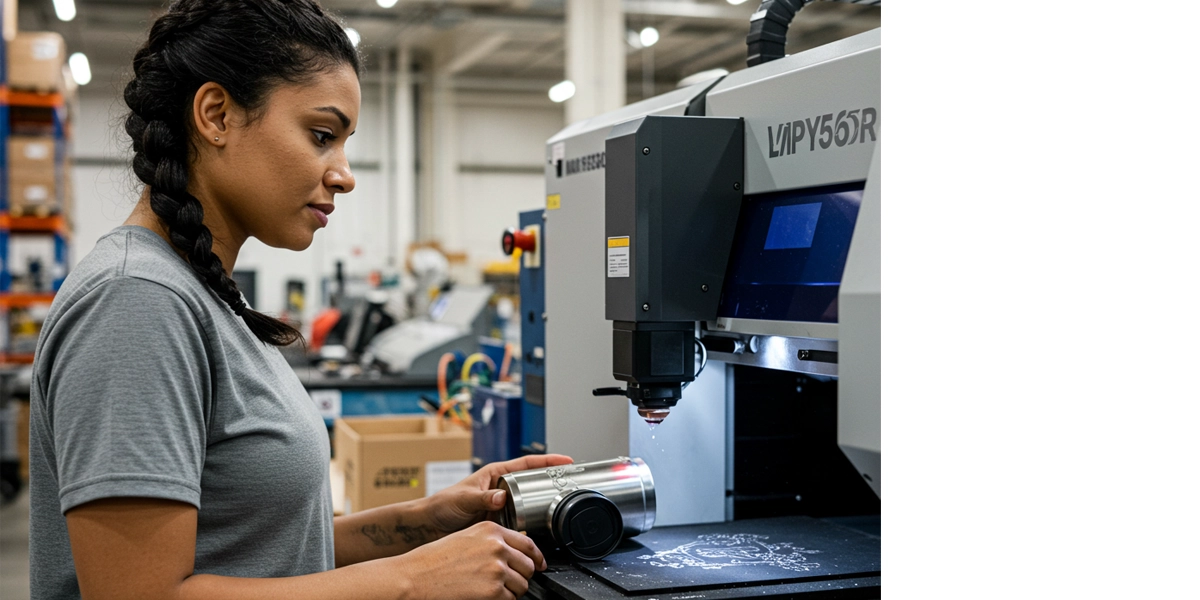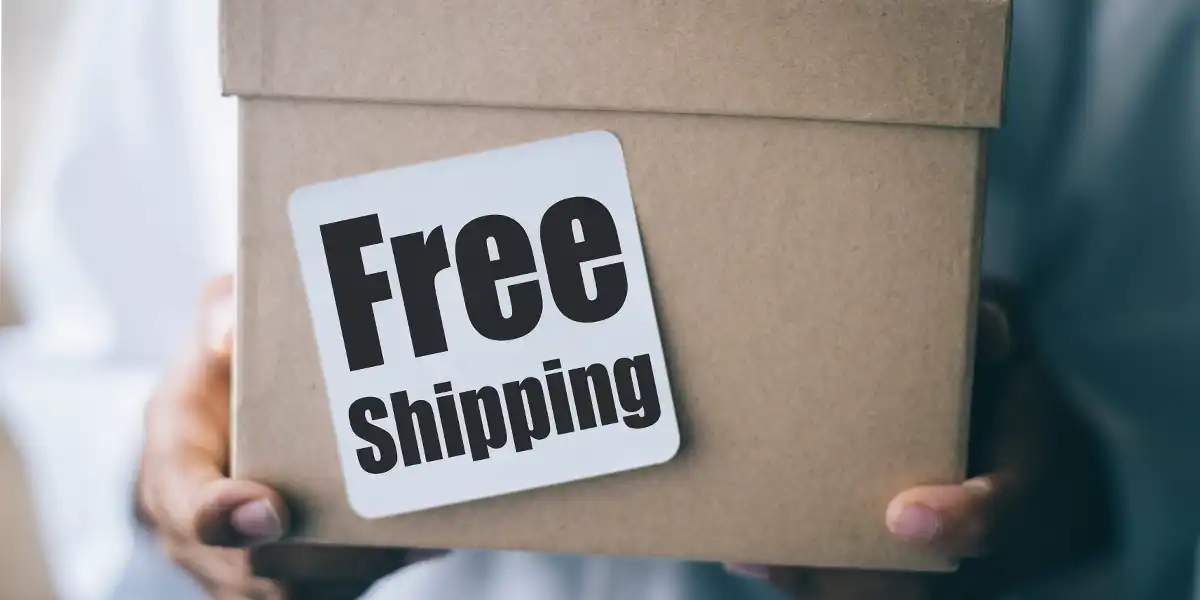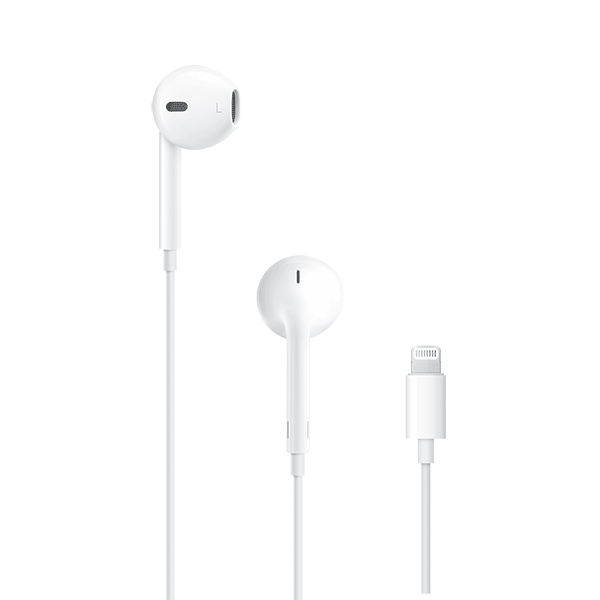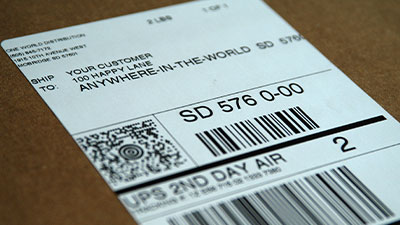In This Article:
Customer expectations have skyrocketed, and ecommerce giants like Amazon and Walmart have made it harder for independent retailers to stand out in a crowded marketplace. Product personalization has emerged as a potent tool for brands striving to wow shoppers and offer tailored experiences that can compete with industry titans. The concept is simple: customers personalize products – be it color, size, or design – thereby adding a personal touch that gives shoppers an elevated shopping experience.
Many top brands have successfully embraced product personalization strategies for their ecommerce operations. From Nike’s customized shoes to Pottery Barn’s monogrammed home furnishings, these leading brands offer compelling case studies for others to learn from and emulate.
One World Direct is a global ecommerce 3PL fulfillment center specializing in B2B, D2C, and personalized-to-consumer (P2C) fulfillment. With our expertise in creating superior ecommerce fulfillment experiences, we can help you understand how personalizing products can benefit your brand, increase customer engagement, and ultimately lead to higher conversion rates.
The Power of Ecommerce Product Customization
Consumer expectations have dramatically shifted in the digital age, with a strong inclination toward products that reflect personal style and meet specific needs. This evolution has propelled product customization from a luxury to an essential component for brands aiming to satisfy each customer’s unique preferences.
Key elements of a successful personalization strategy include:
- Understanding Customer Data: Harnessing analytics to know customer preferences and predict patterns.
- Engaging User Experience (UX): Implementing intuitive design tools that allow for easy customization on ecommerce platforms.
- Seamless Integration: Incorporating customization options that are simple to use and do not disrupt the shopping journey.
Product customization directly influences conversion rates, as consumers are more likely to purchase items tailored to their preferences. A staggering 97% of marketers in a Salesforce report noted a substantial investment in personalization strategies in 2020, with almost a quarter recording a revenue surge of over 20% due to this personalization.
Moreover, brand loyalty is deeply rooted in how well a brand aligns with its customers’ identities. Customized products create a bond between the customer and the brand, transforming one-time buyers into lifelong advocates. Customers who feel their individuality is recognized reward brands with return activity and personal endorsements.
For businesses aiming to enhance customer satisfaction, call center services can also be pivotal in elevating the online shopping experience with a personal touch by addressing shopper queries promptly and effectively.
Similarly, brands striving for excellence in delivering customized products must consider robust fulfillment services. These services guarantee that personalized orders are managed with precision from creation to delivery, ensuring a seamless journey for customers.
By integrating these strategies, brands not only meet but exceed contemporary consumer expectations, gaining a competitive advantage and the ability to create elevated relationships with their visitors.
Examples of Successful Ecommerce Product Customization and Personalization by Top Brands
As you explore the best ways to offer product personalization for your business, it’s wise to learn from the best. Let’s explore how top brands have utilized product personalization to entice shoppers and drive sales.
Nike's Customized Products
Nike, a global industry leader in athletic footwear, has been selling customized products both online and offline for years. Their Nike By You service allows consumers to personalize various aspects of their shoes, including color schemes, materials, and even adding personalized text. This interactive experience not only caters to individual tastes but also strengthens user engagement and brand loyalty.
LL Bean's Boat and Tote Customization
LL Bean’s Boat and Tote bags are a classic example of successful product customization. The brand allows customers to choose bag colors, handle types, monograms, and even add a symbol or logo. This personal touch helped LL Bean resonate with Gen-Z and millennial shoppers and reinvigorate the brand founded over a century ago. Young social media influencers have helped catapult the resurgence, and #llbeantok has 1.5 million views, with #llbeantote close behind at over 900,000 on TikTok.
Medelita's Tailored Lab Coats
Medelita provides an excellent example of niche-specific customization with its tailored lab coats. Customers can add their name, department, logo, or a combination to their lab coats, ensuring a product that is uniquely theirs. Medelita showcases how customization can increase customer satisfaction even in specialized markets.
Pottery Barn's Monogram Customization
Pottery Barn elevates its home furnishings with monogramming services, which allow customers to add a personal touch to bedding and towels, amongst other items. Their online customization tool provides accurate previews of the end result, enhancing customer confidence in their purchase decision. Customers can select from various thread colors, fonts, and monogram styles to create personalized items for the home or genuinely thoughtful gifts.
Inkbox's User-Generated Content Approach
Inkbox stands out in the ecommerce space by offering a unique product: stick-on tattoos. What sets Inkbox apart is its user-generated content approach—customers are empowered to transform their personal artwork into temporary tattoos via a user-friendly platform. This level of customization taps into the deep-seated desire for individual expression and creativity, allowing customers to wear designs they created from scratch.
Knoll's Highly Customizable Furniture
Knoll takes product customization into the realm of interior design with their highly customizable furniture options. Customers can tailor their choices to fit specific aesthetics with functional requirements that meet ACT standards and custom color options digitally printed to match each customer’s requested color. The ability to personalize elevates the customer experience, as they can participate in the design process, resulting in products that feel more bespoke than off-the-shelf.
By studying these examples, it becomes evident that product personalization and customization can significantly boost your ecommerce business when done right. It increases sales and enhances customer experience, influences purchasing decisions, and builds brand loyalty.
To effectively implement such customizations, it is essential to have a robust omnichannel order fulfillment strategy in place. This ensures seamless integration between various sales channels and efficient management of multiple ecommerce integrations, whether selling directly to consumers (D2C) or through business-to-business (B2B) channels.
Adopting an omnichannel approach can streamline operations and deliver consistent customer experiences across all touchpoints, ultimately driving success in your ecommerce venture.
Benefits of Ecommerce Product Customization
The benefits of ecommerce product customization extend beyond the immediate increase in sales. By offering personalized options, your products will directly resonate with shoppers’ unique needs and preferences. This fosters a sense of trust and loyalty, encouraging repeat purchases and positive word-of-mouth recommendations. Additionally, the ability to visualize customized products through accurate previews minimizes the risk of customer dissatisfaction and returns, further enhancing the overall customer experience. Some of the top benefits of offering ecommerce product customization include:
- Higher Prices: Customized products carry a perceived higher value, enabling brands to set premium pricing.
- Reduced Inventory Risk: By producing on demand, brands can minimize excess stock and adapt quickly to changing trends.
- Increased Customer Engagement: Interactive customization features keep customers engaged longer on ecommerce sites, which can lead to higher conversion rates.
- Enhanced Brand Loyalty: When customers can create a product that aligns perfectly with their preferences, they develop a stronger emotional connection to the brand.
- Insights for Product Development: The data collected during the customization process can provide valuable insights into customer preferences and trends, informing future product development strategies.
- Competitive Edge: Offering customization sets brands apart, providing a unique selling proposition and attracting customers seeking personalized experiences.
Though implementing ecommerce product customization may require initial investments in technology and infrastructure, the long-term benefits of increased sales, customer loyalty, and brand differentiation make it a worthwhile strategy for ecommerce businesses looking to thrive in the long run.
While the appeal of product customization is clear, it’s essential to recognize other personalization tactics. Tailored shopping experiences and targeted offers also play crucial roles in enhancing customer satisfaction and loyalty. By combining these strategies with product customization, brands create the ultimate online shopping experience that meets diverse consumer demands.
To further enrich the customer journey, brands may integrate advanced technologies such as AR (Augmented Reality) for virtual try-ons or AI-driven recommendations. This integration creates an immersive shopping experience that caters to modern consumers’ expectations.
The Future of Ecommerce: Anticipating Needs through Customization
Brand strategists and product developers increasingly leverage the insights gained from ecommerce product customization to shape future offerings. By analyzing customer preferences and customization choices, companies can identify emerging trends and consumer demands that may not be immediately apparent.
Data-Driven Trend Forecasting
Customization options serve as a real-time focus group, revealing preferences for colors, materials, and designs. This data informs R&D teams about which features will likely resonate in the marketplace.
Anticipation of Future Needs
Brands can proactively develop new non-custom products or tweak existing ones based on the popularity of certain custom features. Rather than reacting to market shifts, they strategically position themselves ahead of the curve.
Customer-Centric Product Development
Engagement with customized products provides valuable feedback directly from the consumer base. This customer-centric approach ensures that new product lines align more closely with shopper expectations.
With this forward-looking strategy, brands not only meet current market demands but also innovate for future success. During the customization process, user preferences become a powerful tool for predicting and capitalizing on the next wave of consumer desires. These proactive measures underscore the critical role of customization in driving product evolution within ecommerce platforms.
The agility afforded by ecommerce platforms means brands can quickly adapt their offerings to these anticipations, ensuring they remain at the forefront of market trends and consumer satisfaction.
Simplifying Product Customization with Ecommerce Platforms
Ecommerce platforms such as Shopify have become pivotal in the democratization of product customization. By offering out-of-the-box features and apps, these platforms have drastically reduced the complexity of setting up personalized offerings in online stores. Key considerations include:
Ease of Use
Shopify’s intuitive interface allows merchants to add customization options without extensive technical know-how. This ease of use ensures you can focus on creativity and marketing rather than being bogged down by code.
Integration Capabilities
Seamless integration with existing product catalogs and databases is critical. Companies like One World Direct offer plugins like P2C integration that sync with your inventory so customers can personalize products at checkout.
Customer-Centric Design
The customer experience is paramount. BigCommerce delivers on this by providing a robust framework for creating a smooth and engaging user interface for customizations. Shoppers can easily customize products, leading to higher conversion rates and customer satisfaction.
Mobile-Friendly Features
With mobile commerce on the rise, ecommerce platforms must offer mobile-friendly customization options. WooCommerce excels in this aspect, providing responsive design and seamless mobile integration.
Security and Support
The safety of customer data and transactions cannot be compromised. Magento offers robust security features and a dedicated support team to address any concerns or technical issues that may arise.
In conclusion, ecommerce platforms have revolutionized product customization by simplifying the process, enhancing the customer experience, and enabling businesses to stay agile in an ever-evolving market.
Some of the top ecommerce product personalization providers include:
Shopify
- A vast marketplace of apps, such as SC Product Options and Zakeke, catering to diverse customization needs
- Support for both digital and physical customized products
WooCommerce
- Extensive customization through plugins like Customify
- Flexibility due to its open-source nature, suitable for bespoke solutions
BigCommerce
- High-degree scalability for growing businesses
- Features for visual product personalization, enhancing the interactive aspect of shopping
Personalized-to-Consumer Fulfillment (P2C)
- If you partner with One World Direct, we’ll install our free plugin and handle all your product personalization needs.
- Customers can personalize products with custom embroidery, engraving, print-on-demand, and add unique greeting cards at checkout.
With these platforms at your disposal, implementing product customization becomes less about managing complex systems and more about crafting unique value propositions that resonate with your customers.
Choosing the Right Product Customization Software for Your Business
The choice of product customization software can be a game-changer for your ecommerce business. With so many options available, finding a solution that fits your needs is essential.
Key Factors to Consider
When deciding on product customization software, keep these three factors in mind:
- Ease of Integration: Look for software that works smoothly with your current systems, causing as little disruption as possible. It’s best to choose a solution compatible with popular ecommerce platforms like Shopify, WooCommerce, and BigCommerce.
- Customer Support: Good customer support is essential. You’ll want a service provider who can quickly help you with any problems or questions that arise. Check reviews and reach out to their support team before making a decision.
- Scalability: Your chosen software should be able to grow alongside your business. As you expand your product offerings, the software needs to handle more customization requests without slowing down.
Some Popular Options
Here are a few well-known product customization and personalization software choices:
- Customily: Best suited for growing businesses looking for unlimited personalization options.
- Zakeke: Provides visual customization and 3D configuration features, perfect for companies offering comprehensive customization.
- Inkybay: A visual product personalizer designed for businesses requiring extensive design possibilities.
- P2C Plugin: Select which P2C service you need: embroidery, engraving, or gift cards. With our free plugin, customers can personalize products at checkout.
Boost Sales with Product Personalization
For brands looking to take advantage of the benefits of ecommerce product customization, personalized-to-consumer fulfillment (P2C) is a valuable solution. This service complements a fulfillment partnership with One World Direct. Customers can create personalized products from your inventory using our plugin. We will coordinate personalizing and fulfilling every order from start to finish without any heavy lifting on your end. It’s not just about delivering a product; it’s about delivering an experience.
Embrace the future of ecommerce, where product personalization and exceptional fulfillment services come together to create an elevated and unmatched shopping experience. Get in touch with one of our personalization experts and learn more about our P2C capabilities.
In This Article:
Subscribe to our Newsletter
Tincidunt urna mauris eu quam vulputate lobortis sit. Purus feugiat arcu nunc quisque massa ut.





